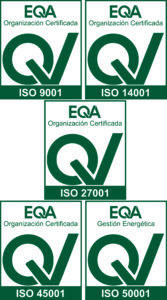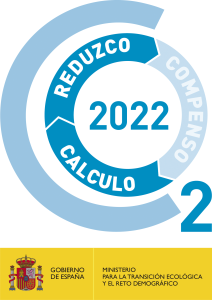Grant Management
Do you know that millions of euros of public subsidies go unallocated because nobody applies for them? At Euro-Funding we collaborate with companies and public bodies to obtain public grants and subsidies. Find out about your financing possibilities Ampliar información European Funds Consultancy Spanish Grants European Funds Consultancy Spanish Grants




